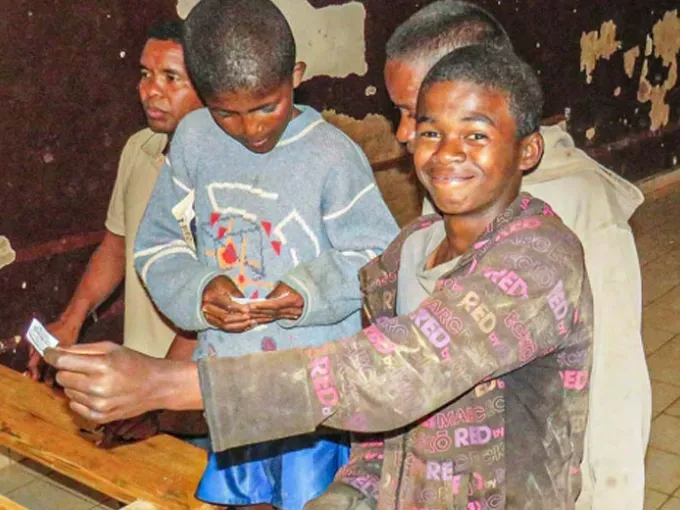Antananarivo, 23 February, 2023 / 8:09 pm (ACI Africa).
At ‘Trano zaza maditra’ (Home for naughty boys), a rehabilitation center for boys in Madagascar’s capital, Antananarivo, boys as young as nine years old are received and locked behind bars, away from the care of their families.
Some of these boys are arrested for trivial things like skipping school, spending a night outside, or loitering on the streets, and are forced to live alongside hardened criminals in prison.
For years, members of the Religious Institute of Salesians of Don Bosco (SDB) have been visiting the rehabilitation facility, interacting with the boys, and reassuring them that they are cared for and loved.
In a report to Agenzia Fides, Fr. Giovanni Corselli, a Salesian missionary in Madagascar for almost 40 years, says that SDB members have been facilitating the distribution of meals every Sunday and during midweek holidays, and are dedicated to recreational activities with the adolescents.
“The community of Ambohitratrimo (a suburb or Antananarivo, where the Salesian novitiate is located) is a quarter of an hour's drive from the prison,” Fr. Corselli says in the Wednesday, February 22 report, adding that the community “works a lot with the aim of making the young prisoners feel as good as possible.”








